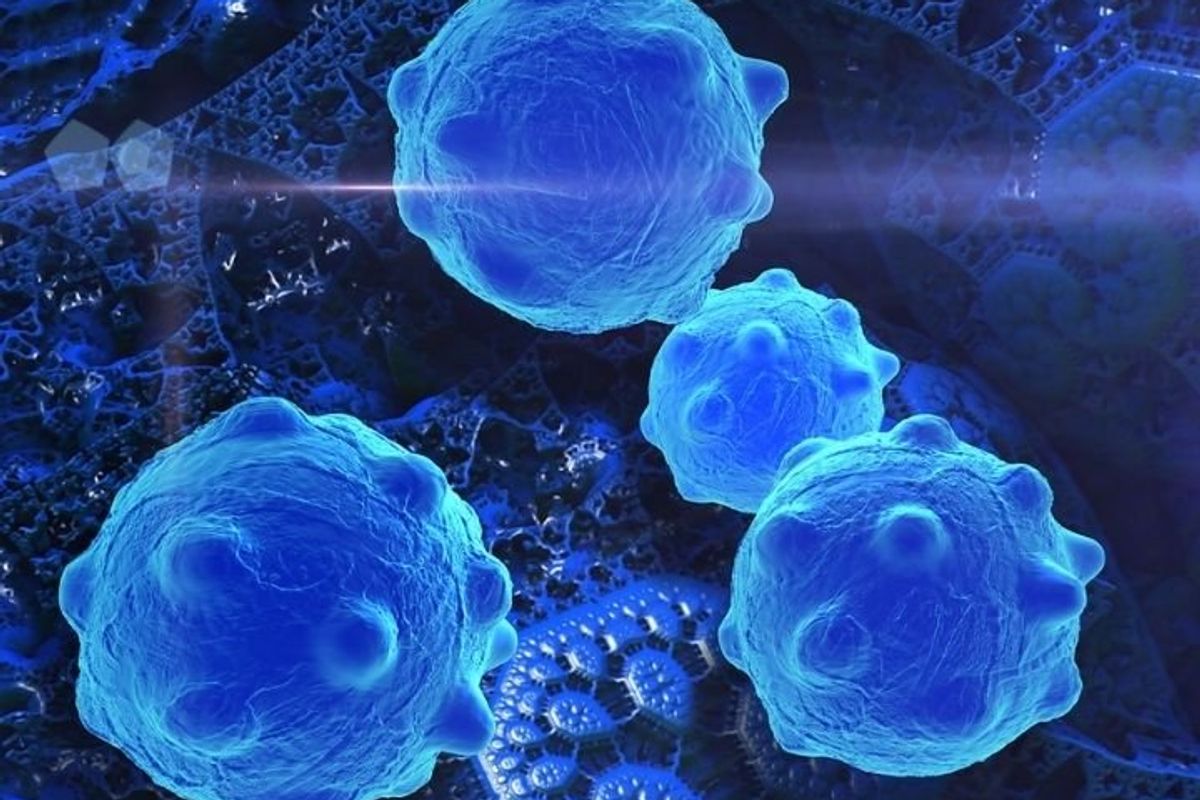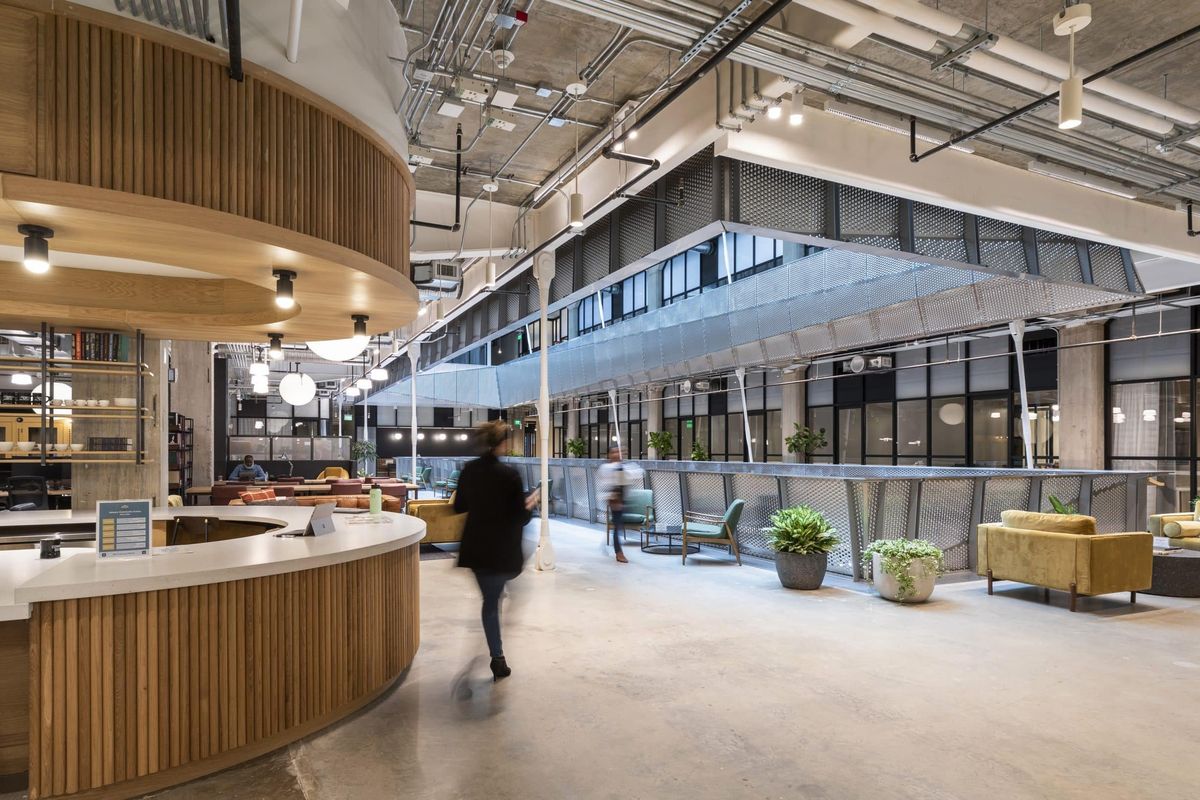Texas' first decacorn and more top innovation news for January 2025
What's Trending
Editor's note: It's time to look back at the top innovation headlines from January 15-30. Here are the most-read InnovationMap stories for the second half of January 2025, from the birth of Texas' first decacorn to an exciting collaboration between researchers at top Texas universities.
1. Biosciences startup becomes Texas' first decacorn after latest funding
 Texas bioscience company Colossal is reportedly the state's first decacorn. Courtesy photo
Texas bioscience company Colossal is reportedly the state's first decacorn. Courtesy photoA Dallas-based biosciences startup whose backers include millionaire investors from Austin and Dallas has reached decacorn status — a valuation of at least $10 billion — after hauling in a series C funding round of $200 million, the company announced this month. Colossal Biosciences is reportedly the first Texas startup to rise to the decacorn level. Continue reading.
2. Houston investor on why 2025 will be the year of exits

Samantha Lewis of Mercury joins the Houston Innovators Podcast. Photo courtesy of Mercury
Samantha Lewis will be the first to admit that the past few years have been tough on startups and venture capital investors alike. However, as she explains on the Houston Innovators Podcast, the new year is expected to look very different. Continue reading.
3. Houston private equity firm beats target on first investment fund

The Sallyport Partners Fund focuses on investments in founder- and family-owned businesses, corporate carve-outs and startups in various industries. Photo via Getty Images
Houston-based private equity firm Sallyport has raised $160 million for its first investment fund, exceeding the target amount by $10 million. The Sallyport Partners Fund focuses primarily on investments in founder- and family-owned businesses, corporate carve-outs and startups in various industries. Continue reading.
4. Texas universities develop innovative open-source platform for cell analysis

Baylor College of Medicine, Texas A&M and University of Houston researchers have designed SPACe, a new open-source image analysis platform. Photo via Getty Images
What do labs do when faced with large amounts of imaging data? Powerful cloud computing systems have long been the answer to that question, but a new riposte comes from SPACe. That’s the name of a new open-source image analysis platform designed by researchers at Baylor College of Medicine, Texas A&M University and the University of Houston. Continue reading.
5. The Ion names new coworking partner for Houston innovation hub

Coworking company Industrious replaces WeWork-owned Common Desk at The Ion. Photo via thecommondesk.com
Rice University subsidiary Rice Real Estate Co. has tapped coworking company Industrious as the new operator of the Ion’s 86,000-square-foot coworking space in Midtown. Industrious replaces WeWork-owned Common Desk in that role. Continue reading.


 Apple doubles down on Houston with new production facility, training centerPhoto courtesy Apple.
Apple doubles down on Houston with new production facility, training centerPhoto courtesy Apple.

